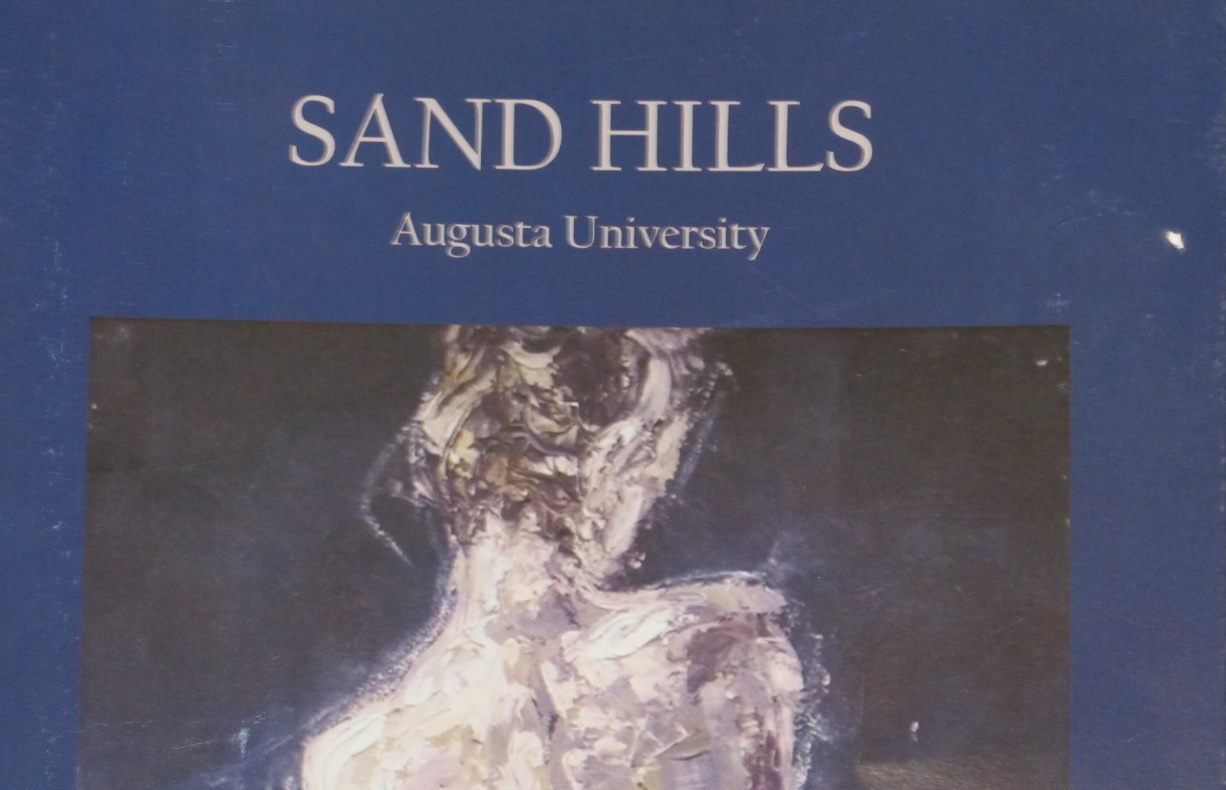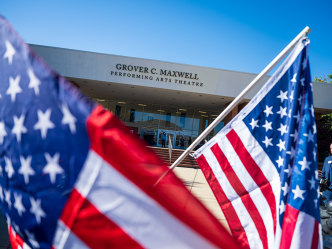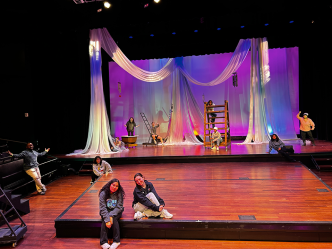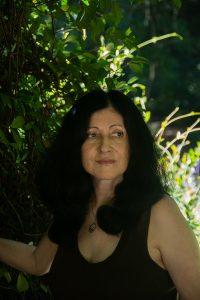 Judith Ortiz Cofer was many things: Mother, daughter, wife, friend, teacher and writer, to name a few.
Judith Ortiz Cofer was many things: Mother, daughter, wife, friend, teacher and writer, to name a few.
The two-time Pulitzer Prize nominee and Georgia Writer’s Hall of Fame honoree was born in Hormigueros, Puerto Rico and then moved with her family to New Jersey.
A creative nonfiction writer, much of Cofer’s work explores her experience of immigrating to the United States and the transition of being a Latin-American immigrant to the U.S.
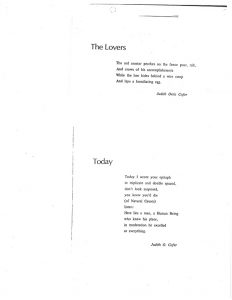 When she was 15, Cofer and her family moved to Augusta where she eventually enrolled at Augusta University. Her poems The Lovers and Today appear in the 1974 edition of Sand Hills Literary Magazine.
When she was 15, Cofer and her family moved to Augusta where she eventually enrolled at Augusta University. Her poems The Lovers and Today appear in the 1974 edition of Sand Hills Literary Magazine.
Her short story “What We Carry” appears in the most recent issue of Sand Hills.
Anna Harris-Parker, assistant professor of English and Sand Hills faculty advisor, was excited when Cofer agreed to contribute to the 2016 issue of Sand Hills.
“I thought it was incredibly generous of her to do that, because she could really publish anywhere,” Harris-Parker said. “But she gave us the story. It was very exciting.”
In December, Cofer passed away, but her legacy – and the mark she left on Augusta University – are still remembered by those who know her best.
“She was a strong writer, very talented,” Harris-Parker said. “She did a lot to highlight the struggles of people who immigrate to the United States. The strength of her writing and her subject matter are her legacy.”
Dr. Walter Evans, professor emeritus of English, taught Cofer when she was a student at then Augusta College. His recollection portrays a student who was not only an exemplary human being but an exceptional writer as well.
“I remember Judy Cofer more clearly than almost any of the 10,000-plus students I taught at this university. I can’t imagine that even one loved life more passionately or engaged it more intensely, more profoundly than she.
“I got to know Judy and her husband, John, during a spring 1973 humanities class and, a year later, after her daughter was born, in a course on the modern British novel.
“Slender, not too tall, with the slightest lilt of an accent, olive skin she proudly traced to an Italian great-grandmother, her mobile face framed in waves of thick shoulder-length black hair, dark eyebrows, heavy lids over eyes flashing between delight, doubt, anger, wonder, sometimes pretending to be demure.
“Her quicksilver emotions could lead Judy to wholeheartedly damn and praise the same idea, poem, story, author or acquaintance in a single breath, but she was graced with the true writer’s gift, when she chose to employ it, of seeing herself, her ideas and feelings from both inside and outside.
“Caught, or catching herself, in colliding inconsistencies, she might giggle or laugh or simply smile a perfectly irresistible half-embarrassed smile. Ultimately, she didn’t care. She willingly followed logic and reason as long as they led wherever she wanted to go, but her true lodestar remained her heart.
“She maintained a fierce devotion to her husband, daughter, brother, parents, two cousins who became virtual sisters, kinfolk anywhere. She always treasured her Puerto Rican roots and culture, yet felt her life truly began only when marriage liberated her from an adolescence dominated by the strictest of Hispano-Catholic values.
“After her Augusta College mentor, poet Charlie Willig, convinced her to switch majors from sociology to English, she began exploring her own writing and published two epigrammatic poems in 1974 in the second issue of our university’s literary magazine Sand Hills.
“To me, the poems didn’t seem promising, but Charlie, and Judy, proved far wiser than I. Throughout four subsequent decades, she brilliantly exploited an uncanny gift for passionately viewing life, herself, others in the raw, while simultaneously recasting all through her personal imaginative lens. On that foundation, her unrelenting work ethic allowed her to build a career of international significance.
“In recent years, Judy’s path and mine didn’t often cross. When they did, Judy remained the Judy I’d always known, a shade more mature, a touch less mercurial, her passion for family, for her writing, for life as searing as ever. Unforgettable.”
 Augusta University
Augusta University
